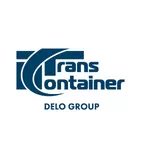Container shipping lines face the risk of a sharp drop in profits in 2023 and 2024
According to HSBC, at the current rate of reduction in spot rates, freight rates in the market could fall to 2019 levels as early as the end of this year compared to the previous forecast of mid-2023.

A container vessel
A sharp drop in freight rates on key shipping lanes is prompting analysts to reconsider predictions of a 'normalisation' of the container market.
According to a new research paper by HSBC, at the current rate of decline in spot rates, market rates could fall to 2019 levels as early as the end of this year compared with the previous forecast of mid-2023.
The paper's authors note that the Shanghai Container Freight Index (SCFI), which tracks spot rates from China, has fallen 51% since July, representing an average drop of 7.5 The weekly %, if continued, would bring the index back to pre-pandemic levels.
"We argue that weaker-than-expected demand, faster easing of congestion and price competition to get marginal cargo led to this decline," said the bank's analysts.
Against this backdrop, HSBC's Asia shipping, ports and shipping research group is working on a "trough scenario", the bottom of the industry, through mid-2023, compared to the previous estimate of 2024.
The article said there is "significant downside risk" to profits in 2023 and 2024, and as a result the bank has cut its profit estimate "up to 51%" as well as slashed dividend expectations.
According to HSBC, capacity reactivation after last week's Golden Week holiday in China will be one of the "key reflection points" determining "whether freight rates stabilise any time soon”.
HSBC added that potential changes to guidance that could be revealed in the carriers' third-quarter earnings reports could provide some insight into how successful the contract protection has been. their.
However, banking analysts say shipping lines will be forced to take "drastic action" if rates drop to low levels, adding that "capacity discipline to meaningfully emerge, especially when rates go below cash costs".
Meanwhile, Alphaliner reports that port congestion at Nordic ports and two eight-day strikes at the port of Felixstowe - the UK's largest container port - were not enough to stop the “remarkable” collapse to 49% of the China-North Europe SCFI index in Q3.
Alphaliner counted 687 vessel calls in Q3 at North European ports across 18 alliance services, including six by 2M, seven by Ocean Alliance and five by THE Alliance - representing 140 fewer calls than previous advertisement.
The consultant said the 2M alliance consisting of two partners MSC and Maersk recorded less than 15% and Ocean Alliance members 12%, while the ship-sharing partners in the alliance THE Alliance, which had in previous assessments maintained the most calls, skipped a huge 26% during the period.
“It will come as no surprise that the port of Felixstowe missed the highest percentage of big Far East loop calls in Q3,” Alphaliner said, adding that the port of Felixstowe lost more than a third of its sailings scheduled port of call. Rotterdam, Wilhelmshaven and Zeebrugge are the main beneficiaries of these transfers, Alphaliner added.
See more:
- Dry bulk shipping market forecasted to decline in 2023
- Reliability of container shipping schedules continues to improve, Maersk remains at the top
- Container freight rates have fallen by 58% since January
Source: Phaata.com (According to The Loadstar)
Phaata - Vietnam's First Global Logistics Marketplace
► Find Better Freight Rates & Logistics Services





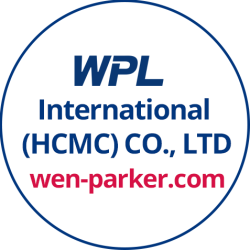

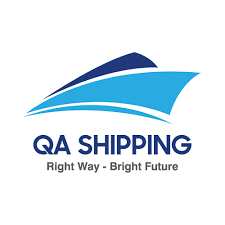
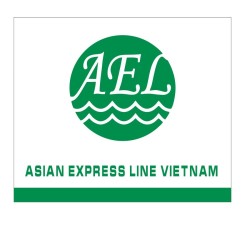



.png)
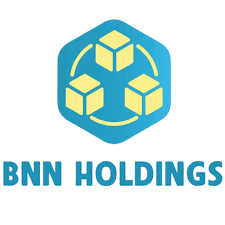

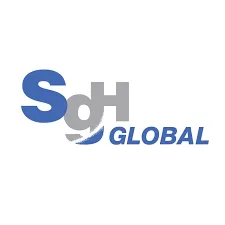


.jpg)
